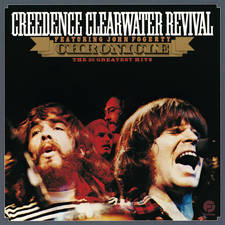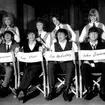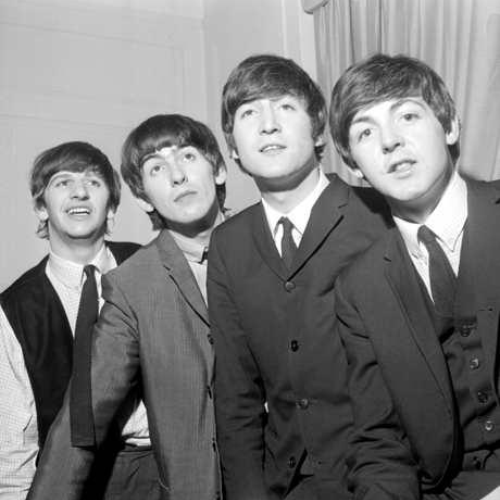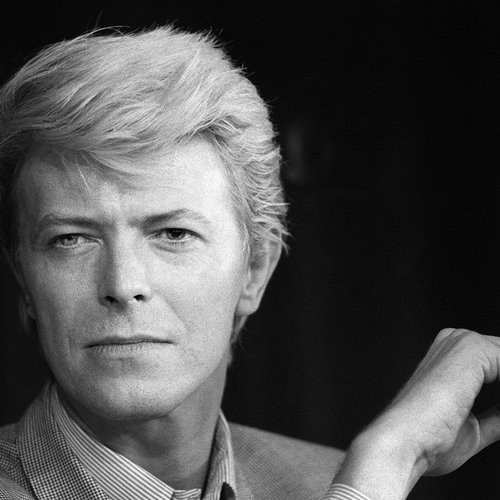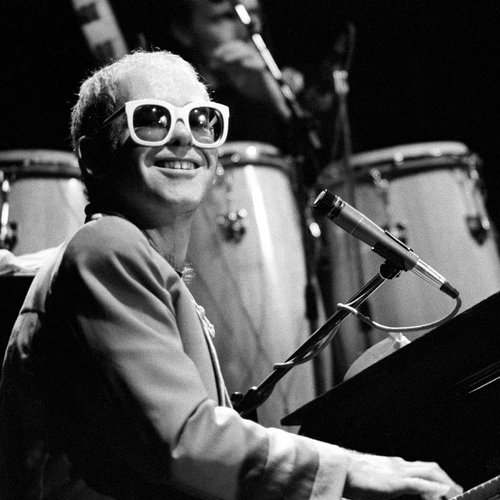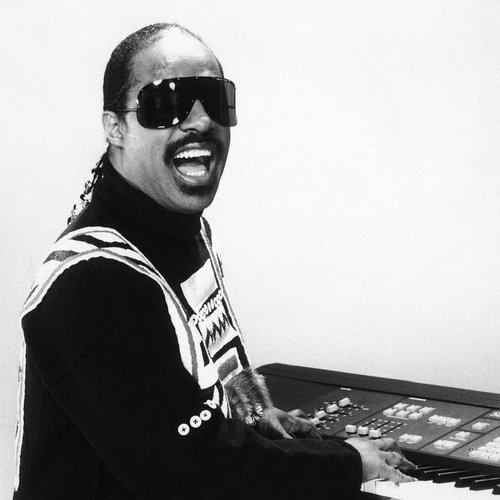Find out why this strange unseen Beatles footage has only just been released
4 October 2022, 15:08

Watch the official trailer for The Beatles: Get Back on Disney Plus
A previously-unseen video of The Beatles on their final year of touring is finally released.
Listen to this article
We've been spoiled for film footage of The Beatles of late, with hour after hour of the band in the studio lovingly put together for last year's Get Back documentary film.
When it comes to the band on the road, we had Ron Howard's 2016 film The Beatles: Eight Days a Week – The Touring Years, which combined stunning archive footage of The Beatles playing live with new talking head interviews.
- The Beatles vs The Rolling Stones – in their own words
- Sgt Pepper's Lonely Heart’s Club Band: Who's who on The Beatles' iconic album cover explained
- Listen to the Gold Hall of Fame Top 300 Live Playlist on Global Player
Despite that, there's still some footage of The Beatles that we've never, ever seen before. That includes a lengthy video shot on the band's 1966 visit to Japan.
The Fab Four played five dates at the Nippon Budokan that summer, with a show on June 30 and two shows a day on July 1 and July 2, just two months before they stopped touring forever.
Rather than being shot by a filmmaker working for a TV station or the band themselves, the silent 35 minute 40 second black-and-white video was actually captured by the Tokyo's Metropolitan Police Department.

ビートルズ来日で新映像 幻の最終公演も、警視庁撮影 NPOが開示請求、ネット公開
So rather than a catchy name like A Hard Day's Night or Help!, it has the less exciting formal title of "security operations during the Beatles' visit to Japan".
The Nagoya NPO nonprofit filed a disclosure request with the police department and related lawsuit eight years ago.
Oddly, the faces of everyone in the video other than Paul McCartney, John Lennon, George Harrison and Ringo Starr have been pixellated.
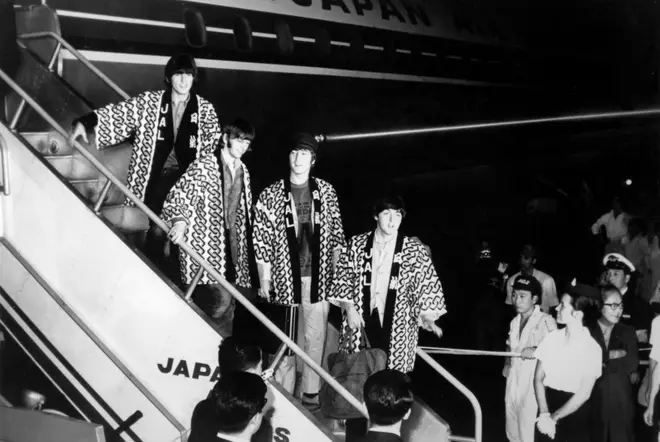
Beatles fan and head of the NPO Satoshi Shinkai said: "I want people to enjoy watching the video as material for thinking about how information disclosure should be and what personal information means."
"Although I think it's meaningless to pixelate images captured 56 years ago, it's very significant that the group has succeeded in having police disclose the video," music critic Masataka Miyanaga told the Japan Times
